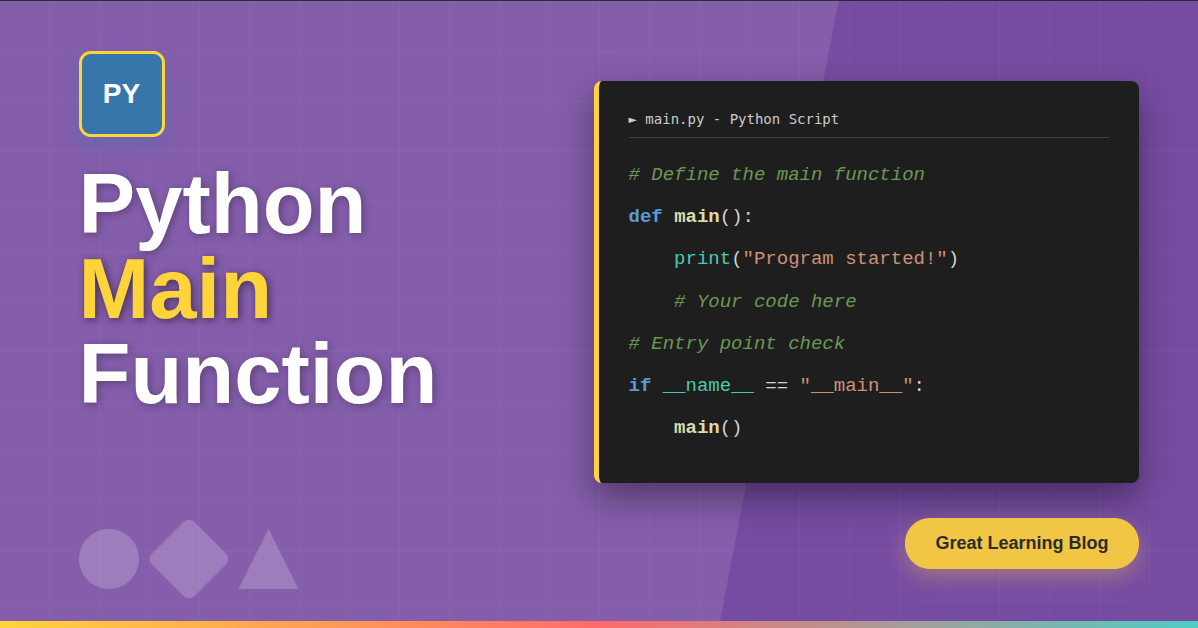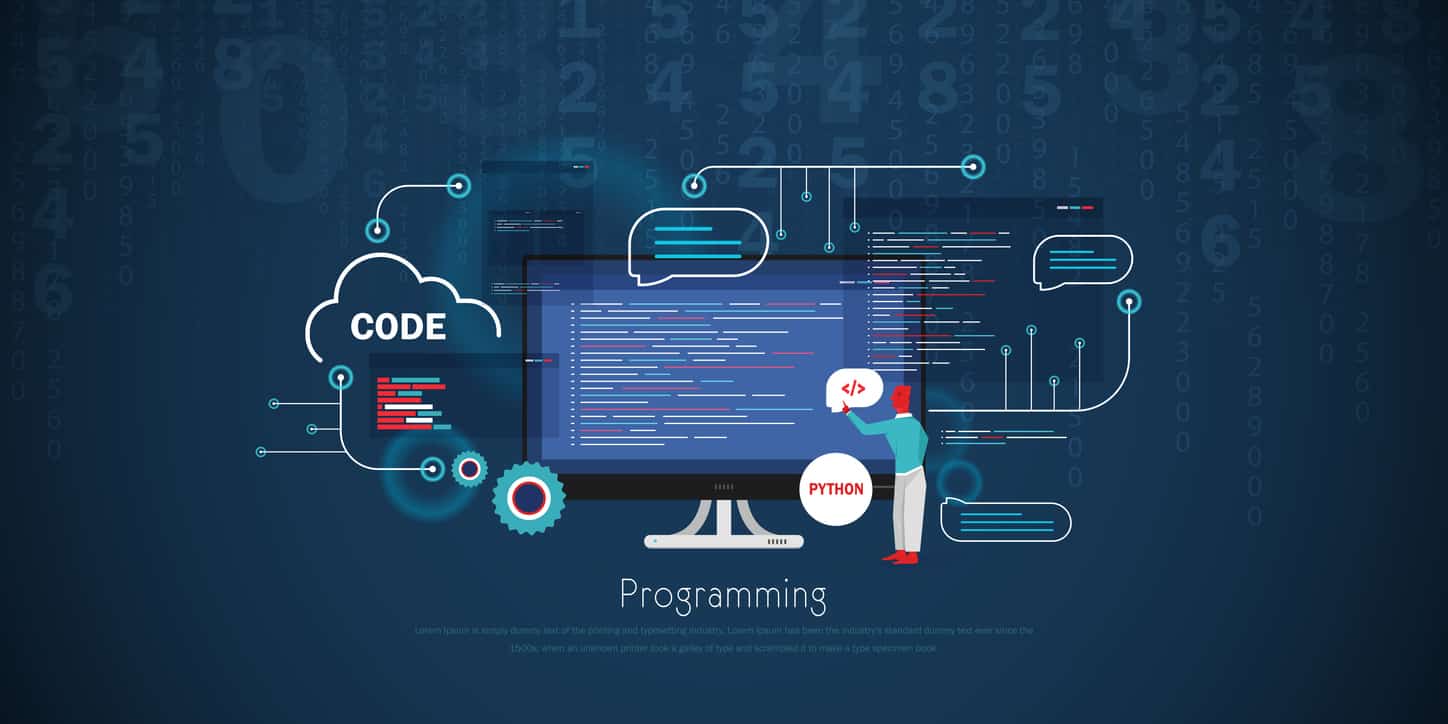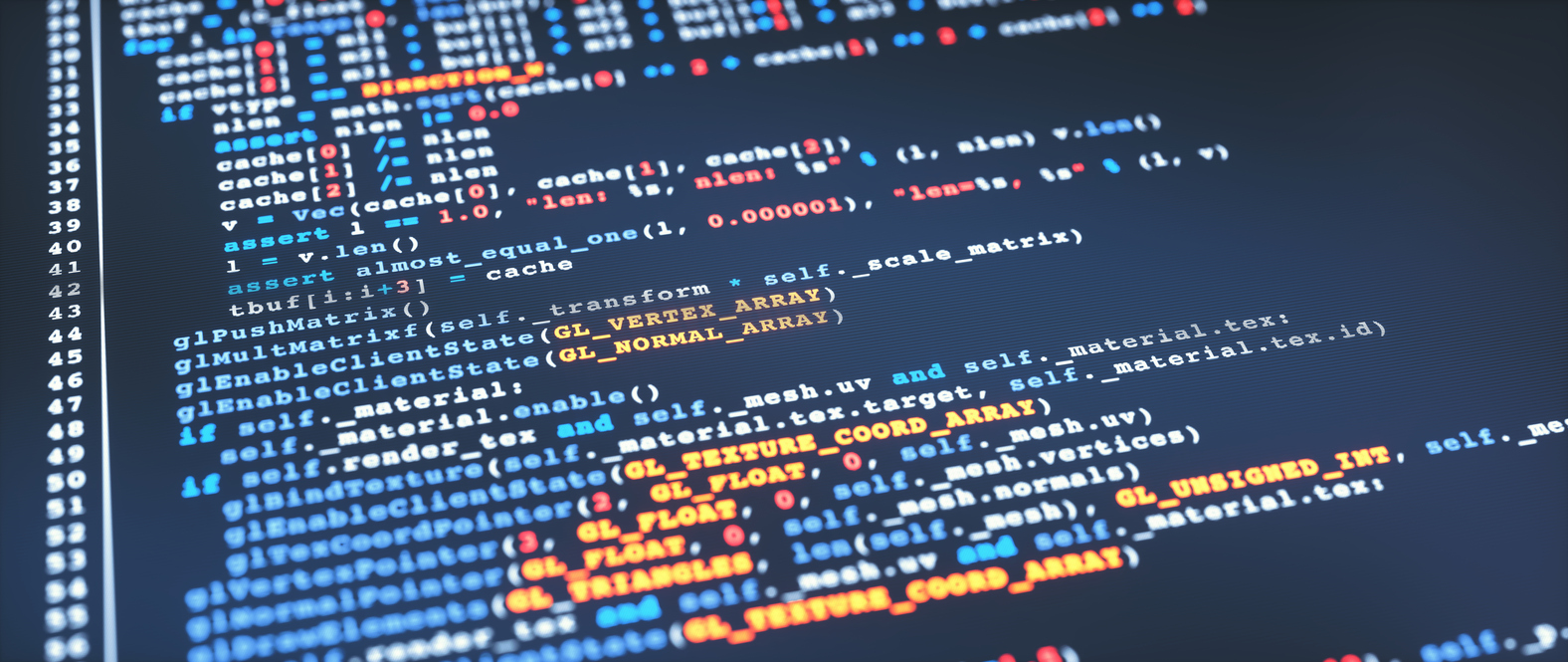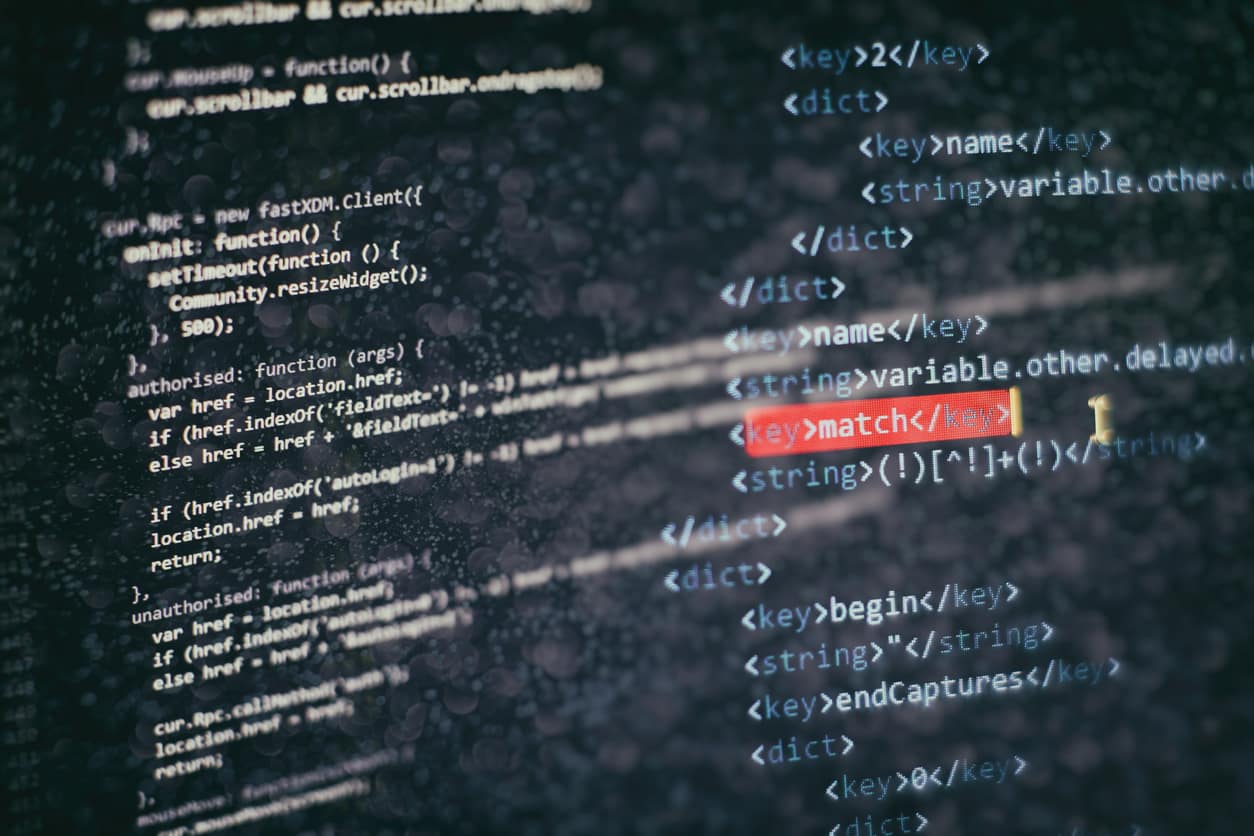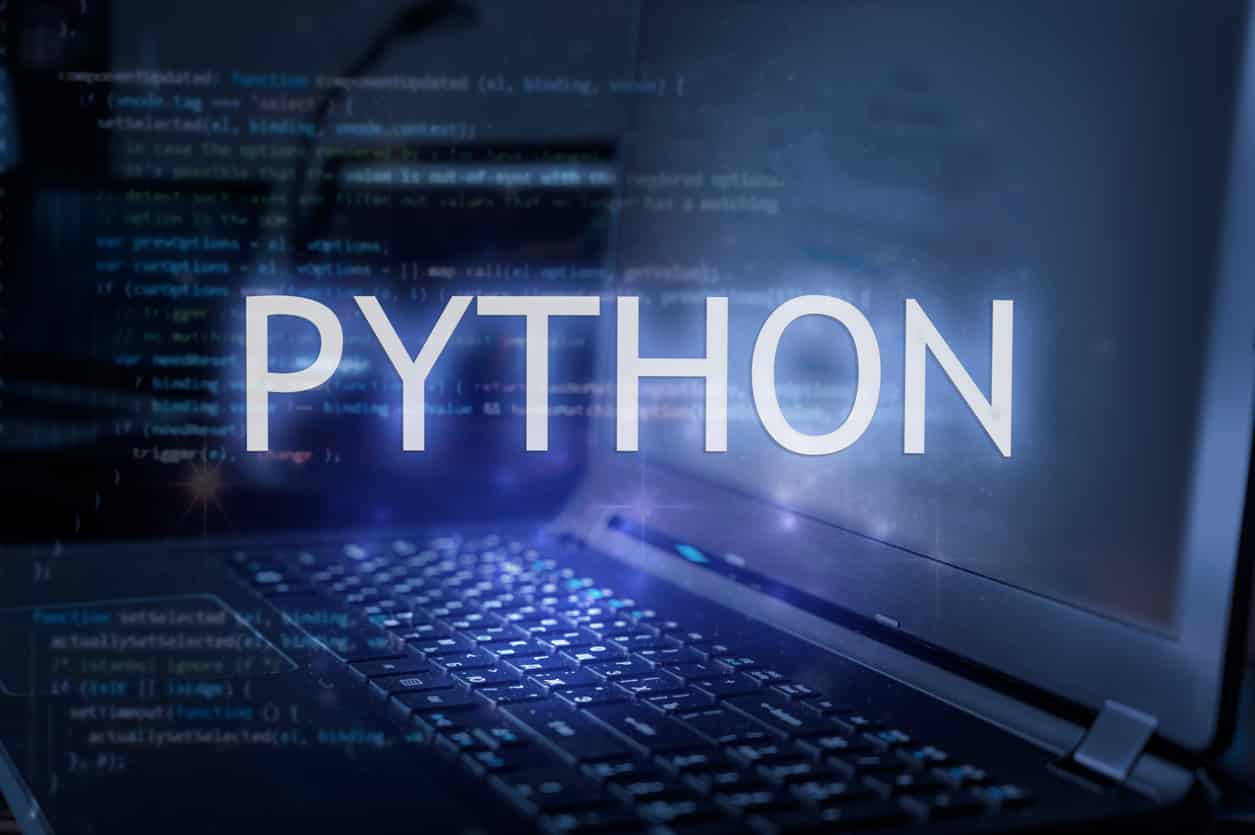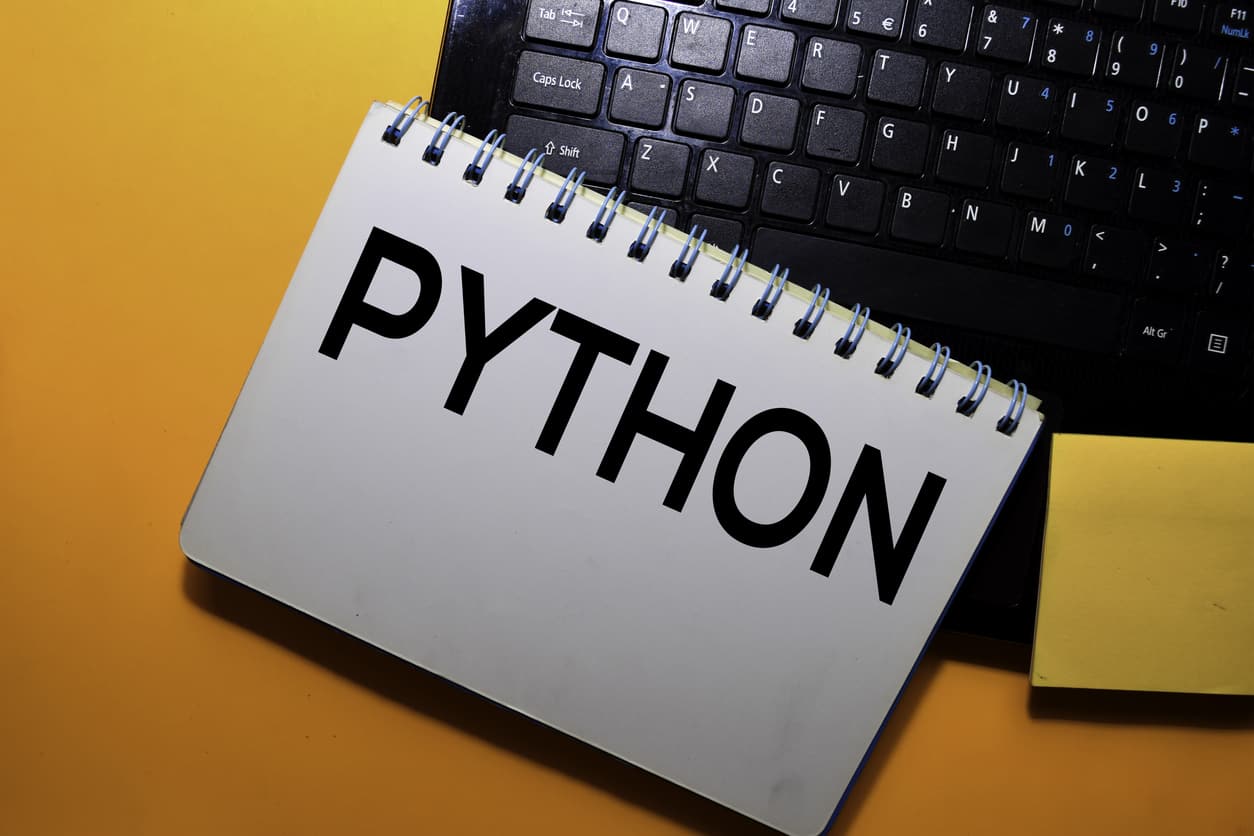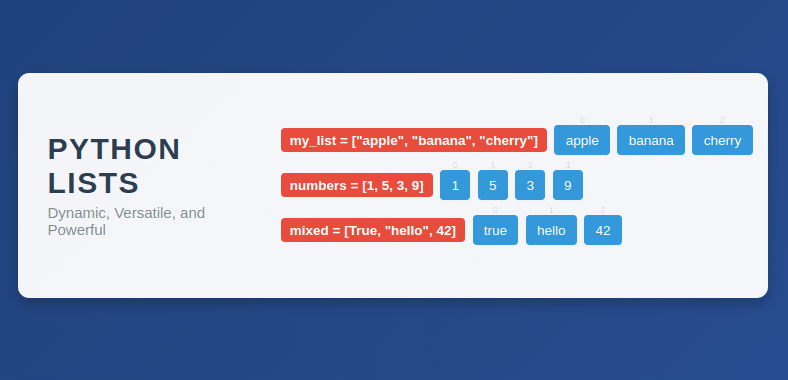Python is a versatile and powerful programming language that has gained immense popularity since its creation in 1991 by Guido van Rossum. Known for its simplicity and readability, Python is widely used by developers of all levels, from beginners to experts. One of the key features that make Python accessible and easy to use is its flexible structure, which allows developers to write clean, efficient, and readable code.
What is Python Main?
Almost all programming languages have a special function, known as the main() function, that executes automatically whenever the program runs. In the program syntax, it is written like “main()”.
In Python, the role of the main() function is to act as the starting point of execution for any software program. The execution of the program starts only when the main() function is defined in Python because the program executes only when it runs directly, and if it is imported as a module, then it will not run. While writing a program, it is not necessary to define the main() function every time because the Python interpreter executes from the top of the file until a specific function is defined in the program to stop it.
In this course, you will learn the fundamentals of Python: from basic syntax to mastering data structures, loops, and functions. You will also explore OOP concepts and objects to build robust programs.
Examples of Python Main with Code
To understand the main() function in Python better, let’s see the below-mentioned example without using the main() method:
print("How are you?")
def main():
print("What about you?")
print("I am fine")
Output:
How are you?
I am fine
Explanation:
Observing the above program closely, one can see clearly that only "How are you?" and "I am fine" are printed, and the term "What about you?" is not printed. The reason for this is that the main() function of Python is not being used in the program.
Now, let’s see the following program with the function call if __name__ == "__main__":
print("How are you?")
def main():
print("What about you?")
print("I am fine")
if __name__ == "__main__":
main()
Output:
How are you?
I am fine
What about you?
Explanation:
Observing the above-mentioned program, one question may arise in the mind: why is “What about you?” printed? This happens because of calling the main() function at the end of the code. The final output of the program reflects ‘How are you?’ first, ‘I am fine’ next, and ‘What about you?’ at the end.
To test fundamental knowledge and skill, take the Python Quiz.
What Does Python Main Do?
A main() function is defined by the user in the program, which means parameters can be passed to the main() function as per the requirements of the program. The use of a main() function is to invoke the programming code at runtime, not at the compile time of a program.
What Is __name__ In Python?
The __name__ variable (two underscores before and after) is a special Python variable. The value it gets depends on how the containing script is executed. Sometimes, a script written with functions might be useful in other scripts as well. In Python, that script can be imported as a module in another script and used.
What Is if __name__ == "__main__" in Python?
The characteristics of Python files are that they either act as reusable modules or as standalone programs. The if __name__ == "__main__" function can execute some code only when the Python file is run directly, and not when they are imported.
How to Set Up a Main Method in Python?
To set up the “main method” in Python, first define a function and then use the “if __name__ == '__main__'” condition for the execution of this function. During this process, the Python interpreter sets the __name__ value to the module name if the Python source file is imported as a module. The moment the “if condition” returns false, the main() method will not be executed.
How to Call the Main Function in Python?
An important thing to note is that any method executes only when it is called. To call the main() function, an implicit variable is used such as __name__.
How to Define Main in Python?
In Python, there are two ways to define and call the main() method. Let’s see both of these implementations.
1. Define in the Same File
The first implementation shows the way to define the main() method in the same file. Let’s see the following steps and understand how to do this:
This should be known that Python creates and sets the values of implicit variables at the time a program starts running. These variables do not require a data type for declaring them. The __name__ is this type of variable.
During the programming phase, the value of this __name__ variable is set to __main__.
Hence, first, the main() method is defined and then an “if condition” is used to run the main() method.
print("How are you?")
def main():
print("What about you?")
if __name__ == "__main__":
main()
2. Imported from Another File
The second implementation shows how to define the main() method imported from another file.
To understand this, let’s first understand what modules are. A module is a program that is imported into another file to use multiple times without writing the same code again and again.
Now look at the following steps:
First, import the module in the program file to be run.
Now equate the __name__ variable in the if condition to the name of the module (imported module).
Now see that the module code will run before the code in the file calling it.
def main():
print("What about you?")
if __name__ == "__main__":
main()
Conclusion
Let’s conclude this article here. After reading this article, you are now able to illustrate many important aspects, such as what the main() function in Python is, how it can be used, and how, with the help of the main() function in Python, a ton of functionalities can be executed as and when needed, how the flow of execution can be controlled, etc. We hope that you will find this article relevant to you.
Explore Python Compiler Tool
FAQs
What Is Python Main?
When a Python program is run, the first thing seen is the Python main function. When a Python program runs, the function of the interpreter is to run the code sequentially and does not run the main() function if imported as a module. The main() function gets executed only when it runs as a Python program.
What Does the Main() Do?
In Python, the main() function acts as the point of execution for any program.
Does Python Have a Main?
Python has no explicit main() function; however, it defines the execution point by other conventions, like the Python interpreter that runs each line serially from the top of the file.
Can We Write a Main Method in Python?
Yes, the main() method can be written in Python with the use of the “if __name__ == '__main__'” condition.
What Is if __name__ == "__main__" in Python?
An if __name__ == "__main__" block is used to allow or prevent parts of code from being run when modules are imported.
